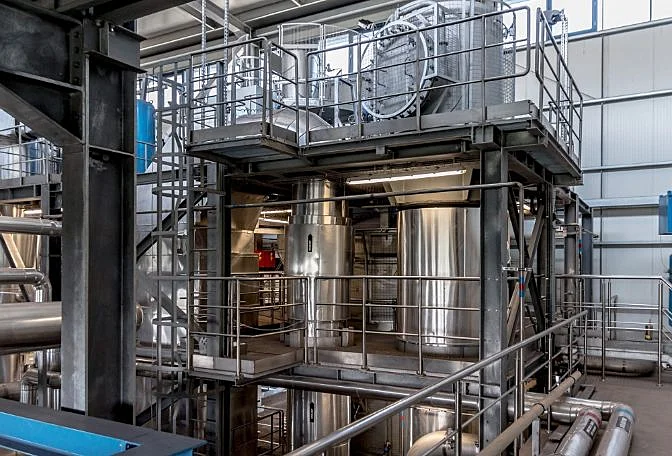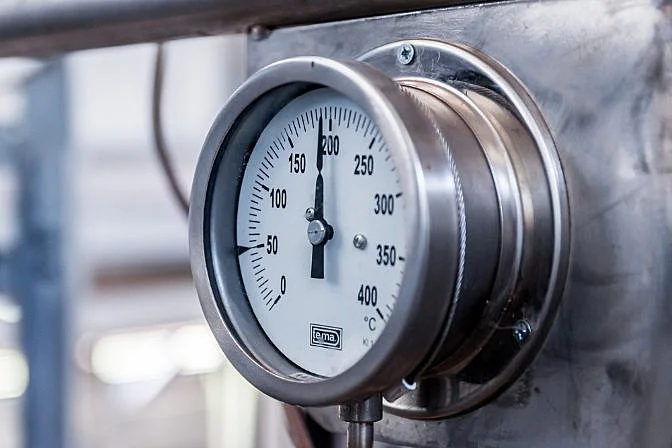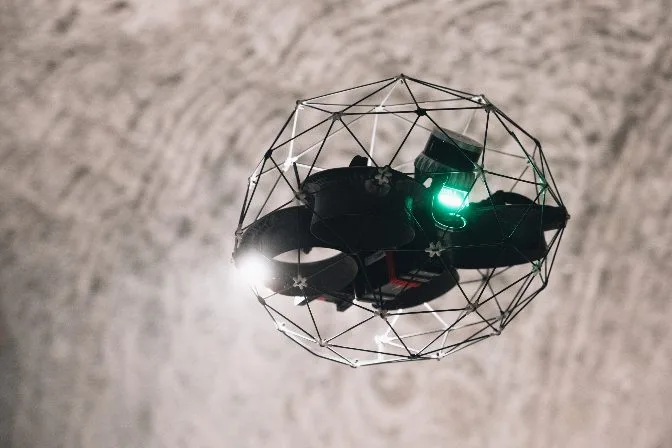Boiler inspections are essential for industries that rely on industrial boilers. Discover how companies perform them and the advantages of using drones in this process. Boilers play a critical role in many industrial operations, and regular inspections are vital to ensure their safe and efficient functioning. These machines operate under extreme pressure and temperature fluctuations, sometimes experiencing hundreds of degrees Fahrenheit changes. Without proper maintenance, even minor issues can escalate into serious problems, potentially leading to catastrophic failures such as explosions, which can be dangerous to personnel and costly for businesses. Regular boiler inspections help identify potential flaws early, allowing for timely maintenance and preventing major incidents. This guide covers what a boiler is, its purpose, how inspections are conducted, and the benefits of using drones in the inspection process. Before diving into the inspection process, it's important to understand what a boiler is and why it's crucial in various industries. A boiler is a closed vessel designed to heat water or generate steam. The steam produced is used for power generation, heating, or industrial processes. Boilers typically use fuels like coal, oil, gas, or biomass to create heat, which is then transferred to water to produce steam. Steam from large boilers serves multiple purposes, including: Inspectors ensure that boilers remain in good condition to prevent malfunctions and maintain operational safety. Boilers transfer heat from combustion to water efficiently, often using conduction, convection, and radiation. Pressurization increases the boiling point of water, similar to how a pressure cooker works. Different types of fuel—such as coal, gas, oil, and biomass—can be used depending on the boiler’s design. There are several boiler types, each with unique designs and applications: Boilers are widely used in sectors such as energy, chemicals, steel, and more. Other industries, including pharmaceuticals, textiles, and food processing, also rely on boilers for their operations. Boilers are subjected to high pressure and temperature, making regular inspections essential. Over time, components can wear out, leading to cracks or leaks. Safety is the top priority during inspections, as undetected issues can lead to explosions or costly downtime. Most regulations require annual inspections for large boilers. Some organizations recommend additional checks halfway through the year. More frequent inspections can extend boiler life and reduce emissions, though they come at an added cost. Boiler inspections are performed by certified specialists. Many companies choose to outsource these tasks due to the technical expertise required. Standards like ASME and API set requirements for boiler inspections. Certified inspectors must follow these guidelines, often with oversight from formal inspection bodies. Both internal and external parts of the boiler are examined. External checks include the boiler room, nameplate, safety valves, and piping. Internal inspections involve checking walls, surfaces, and fire-side areas for damage or wear. Drones offer significant advantages over traditional manual inspections, especially in terms of safety, cost, and efficiency. However, not all drones are suitable for boiler inspections. The confined spaces and obstacles inside a boiler require specialized equipment. Flyability drones, such as the Elios series, are designed for such environments, featuring protective cages and advanced imaging capabilities. Here are five key benefits of using drones for boiler inspections: Drones eliminate the need for human entry into hazardous areas, significantly improving worker safety. Using drones reduces the need for scaffolding and minimizes downtime, leading to substantial cost savings. Drones can reach tight spaces and hard-to-access areas, providing detailed views of critical components. Drones equipped with high-resolution cameras and LiDAR can capture precise, high-quality data for analysis. Frequent inspections enabled by drones can reduce greenhouse gas emissions, contributing to sustainability goals. Watch this video to see a boiler inspection conducted with the Elios 2: For more information on drone-based boiler inspections, check out these case studies from Flyability: Galvanized Steel,Galvalume Steel,Gi Coil,Gi Sheet,Cold Rolled Steel Shandong Rizhaoxin Metal Products Co., Ltd. , https://www.cysteelcoil.comBoiler Inspections: A Complete Guide

Understanding Boilers: What They Are and How They Work
What Is a Boiler?
What Are Boilers Used For?
How Do Industrial Boilers Work?
Types of Boilers
Industries That Use Boilers
What Is Checked During a Boiler Inspection?

Frequency of Inspections
Who Conducts Inspections?
Regulatory Standards
What Is Inspected?
Five Benefits of Using Drones for Boiler Inspections
 Elios 3 conducting a visual inspection flight
Elios 3 conducting a visual inspection flight1. Enhanced Safety
2. Cost Savings
3. Improved Access
4. Better Data Quality
5. Environmental Benefits